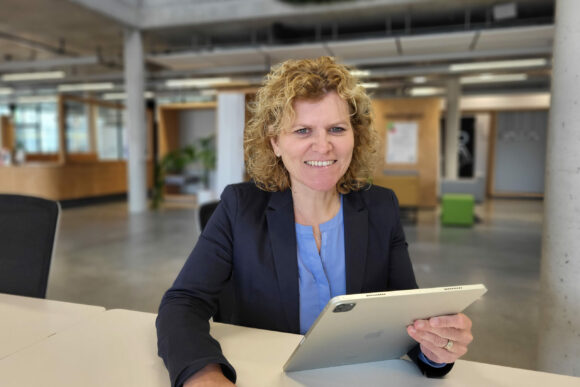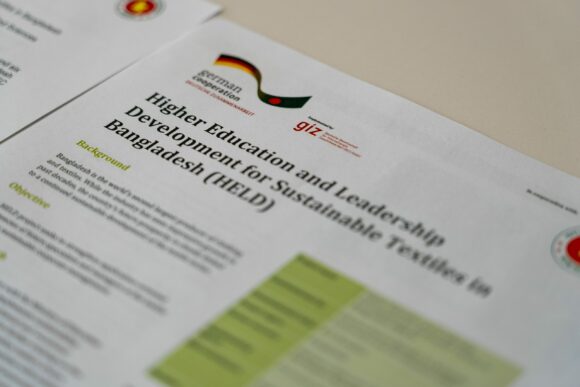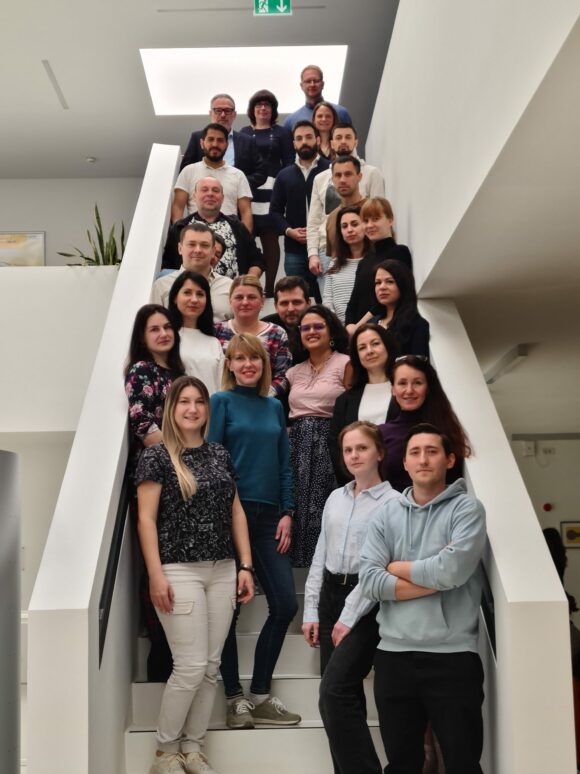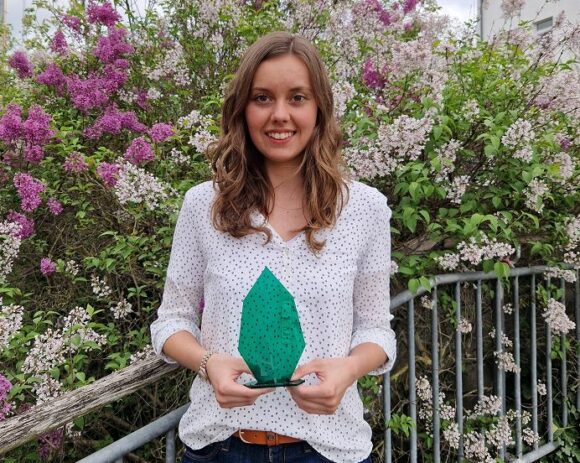With the commissioning of a new plastics recycling plant, the Institute for Applied Biopolymer Research (ibp) at Hof University of Applied Sciences gains a facility that supports the university’s mission statement with regard to the intelligent use of resources and the guiding principle of a Green Tech University. In addition, further practical references are created for engineering studies at Hof University of Applied Sciences.
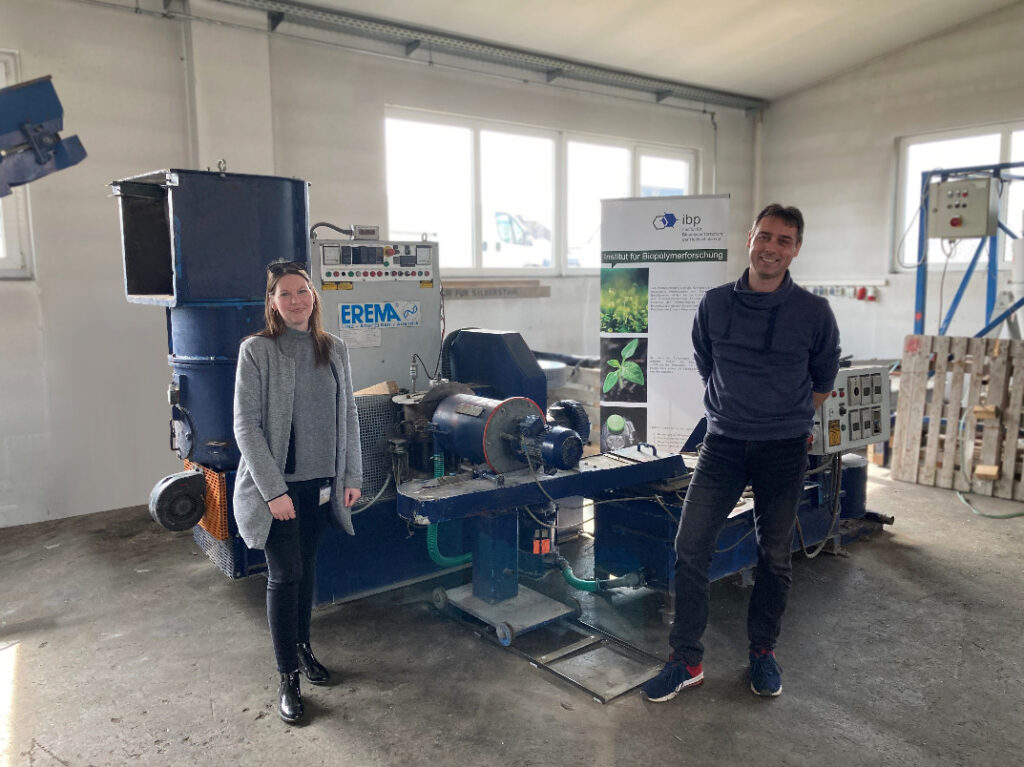
One of the four pillars of the Institute for Applied Biopolymer Research (ibp) is recycling. Naturally, bioplastics are the main focus of the related investigations. However, the researchers are also taking a closer look at conventional plastics
The current high practical relevance and the great need for research in this area are due to the constantly growing demand for recycling raw materials in the entire industry. This is also increasingly true with regard to bioplastics.”
Prof. Dr. Michael Nase, Institute Director
In addition, increasingly stringent legislation on efficient recycling is further fueling this trend.
Plant from the world market leader
For these reasons, the ibp is now particularly pleased to soon be able to put a recycling plant from the EREMA Group into operation. After all, the company is considered a global pioneer in the development and construction of plastics recycling machines and their system components. The plant will be used to support research at the ibp and teaching at the Faculty of Engineering. The plant is located in an external warehouse of the university in Zedtwitz near Hof. It is capable of producing up to a maximum of 150 kg/h of hot-slagged granules.
New research approaches possible
“This acquisition promotes hands-on learning as part of the degree program, and students can gain their first experience of recycling postconsumer and postindustrial waste through internships,” says Prof. Dr. Nase. This can then provide insights into the current challenges of the circular economy and demonstrate the economic and ecological advantages of such a facility. At ibp, this opens up a wide range of new opportunities for innovative research approaches. “As sustainable and, above all, repeated use of resources are becoming increasingly important topics, it was time to create the research and development capacities and thus pave the way for sustainable developments,” concludes Prof. Dr. Nase.




